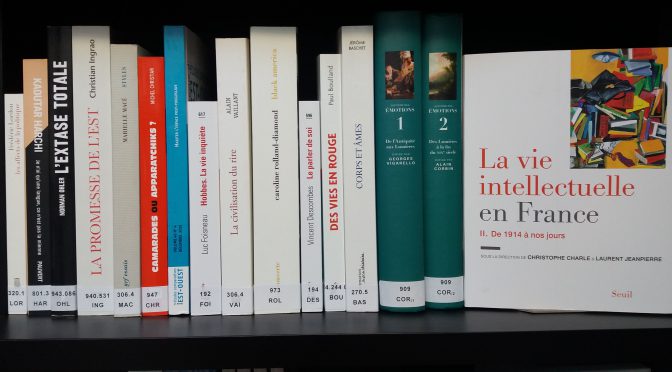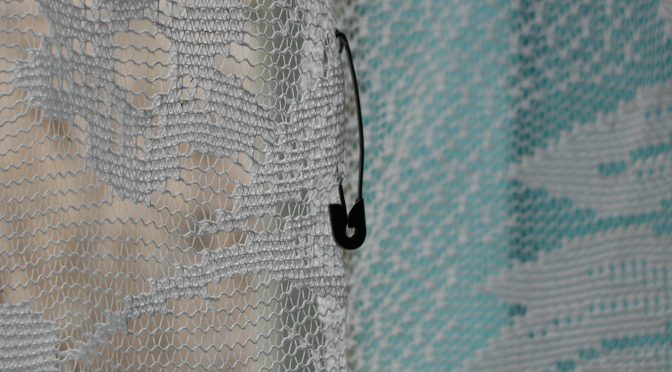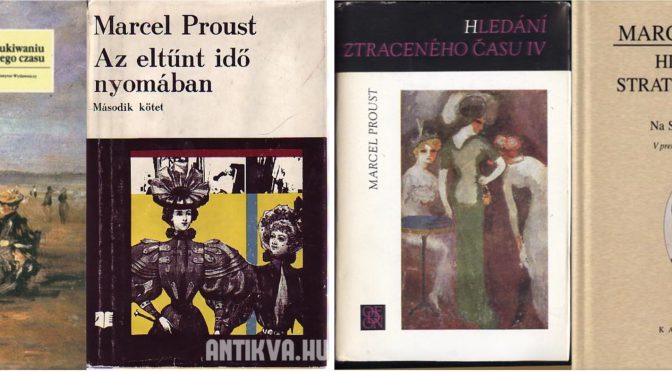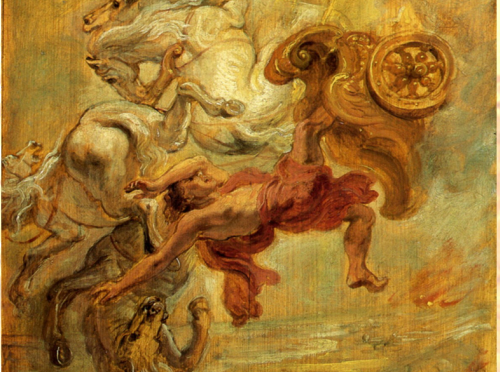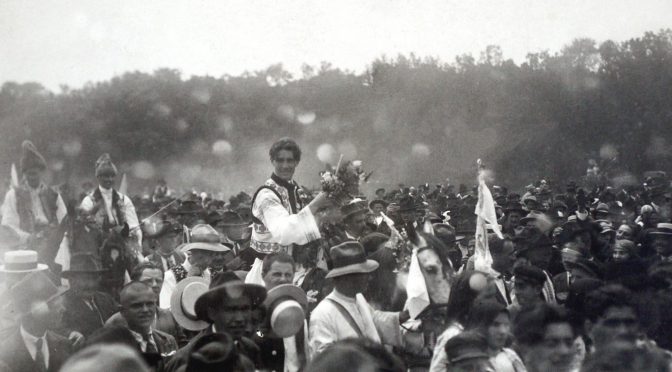International Round Table: Translating from French in Central Europe in the 20th century: Political and Cultural Contexts (Hungary, Czech Lands, Poland, Slovakia)
Venue: Institute of Foreign Literatures, Slovak Academy of Sciences (SAV), Konventná 13, Bratislava
Organizers: Antoine Marès (Paris 1 University – Panthéon-Sorbonne), Clara Royer (CEFRES Prague), Jana Truhlářová (Comenius University, Bratislava), Mária Kusá (Institute of World Literature, Slovak Academy of Sciences), Petr Kyloušek (Masaryk University Brno)
Language: French
Program
Tuesday 16 May
9.00 Opening by the Dean of the Faculty of Arts of Comenius University and by the Head of the Institute of Foreign Literatures
9.15 – 9.30 Introduction
Antoine Marès (Paris1 Panthéon-Sorbonne): Histoire d’un projet
9.30 Gisèle Sapiro (EHESS) – intervention presented by Clara Royer
10.30 Ioana Popa (ISP, CNRS): Une sociologie des intermédiaires culturels internationaux: transferts littéraires vers la France en contexte (post)-communiste
10.00-1.00 Panel I. Historical Context of the Four Concerned Regions: Legacies and Traditions. The Relationship to French Culture. Material and Political Constraints.
Chair: A. Marès (Paris1 Panthéon-Sorbonne)
11.00 Bohumila Ferenčuhová (Institute of History, SAV): Le contexte historique et politique des relations culturelles slovaco-françaises au XXe siècle
11.30 Jiří Hnilica (History Dpt, Faculty of Pedagogy, Charles University) : Les tendances quantitatives des livres traduits du français en tchèque (et slovaque) aux XIXe et XXe siècles
12.00 Gusztáv Kecskés (Institute of History, MTA, Budapest): Des possibilités de transferts culturels français en Hongrie, 1945-1990
12.30 Maria Pasztor (Institute of International Relations, Warsaw University): Les relations culturelles entre la France et la Pologne (1945-1989)
1.00–2.30 Lunch break, Institute of World Literature, Slovak Academy of Sciences
2.30–5.30 Panel II. The Actors of Translation: Translators, Publishers, Mediators
Chair: Jana Truhlářová
2.30 Éva Mártonyi (Pécs University & Pázmány Péter University): Traductions du français en Hongrie – aperçu historique
15.00 Jovanka Šotolová (Institute of Translatology, Charles University): Par monts et par vaux des traductions tchèques de la littérature française: les flux des œuvres traduites, la question du rapport entre la qualité et l’influence
15.30 Katarína Bednárová (Comenius University): Le critique littéraire comme modificateur de traduction
16.00–16.30 Coffee break
16.30 Anikó Ádám (Pázmány Péter University): La difficile liberté du traducteur
17.00 Petr Kyloušek (Masaryk University): Les contacts français d’Adolf Kroupa – les archives du Musée Morave, fonds Kroupa
18.30 Cocktail in French Institute, Bratislava, Sedlarska 2
Wednesday 17 May
9.00–12.00 Panel III. Translation Flows: Quantification, Genres (literature and others), Influence and the Relationship Between Quantity and Influence
Chair: Petr Kyloušek (Masaryk University, Brno)
9.00 Elzbieta Skibińska (Wrocław University): Le Nouveau roman en polonais
9.30 Joanna Warmuzińska-Rogóź (University of Silesia, Katowice): D’une Maria Chapdelaine à l’autre ou quelques mots sur le marché de traduction en Pologne
10.00 Mária Kusá (Comenius University & SAV) : Réflexions en marge du travail sur Le Dictionnaire des traducteurs slovaques du XXe siècle
10.30–11.00 Coffee break
Chair: Clara Royer
11.00 Libuša Vajdová (SAV): Les sciences sociales de France en Slovaquie
11.30 Jana Truhlářová (Comenius University): Le sort de certains romanciers et mouvements esthétiques français du XIXe siècle (Flaubert, Zola et le naturalisme, Maupasant) à travers le temps en Slovaquie
12.00 Zuzana Ráková (Masaryk University): Éditeurs, traducteurs, auteurs français en traductions tchèques publiées par les éditeurs tchèques à la Belle époque (1890-1914)
12.30–12.40 Coffee break
Conclusions
Antoine Marès, Clara Royer, Jana Truhlářová, Mária Kusá, Petr Kyloušek
13:00 Lunch, Institute of World Literature

